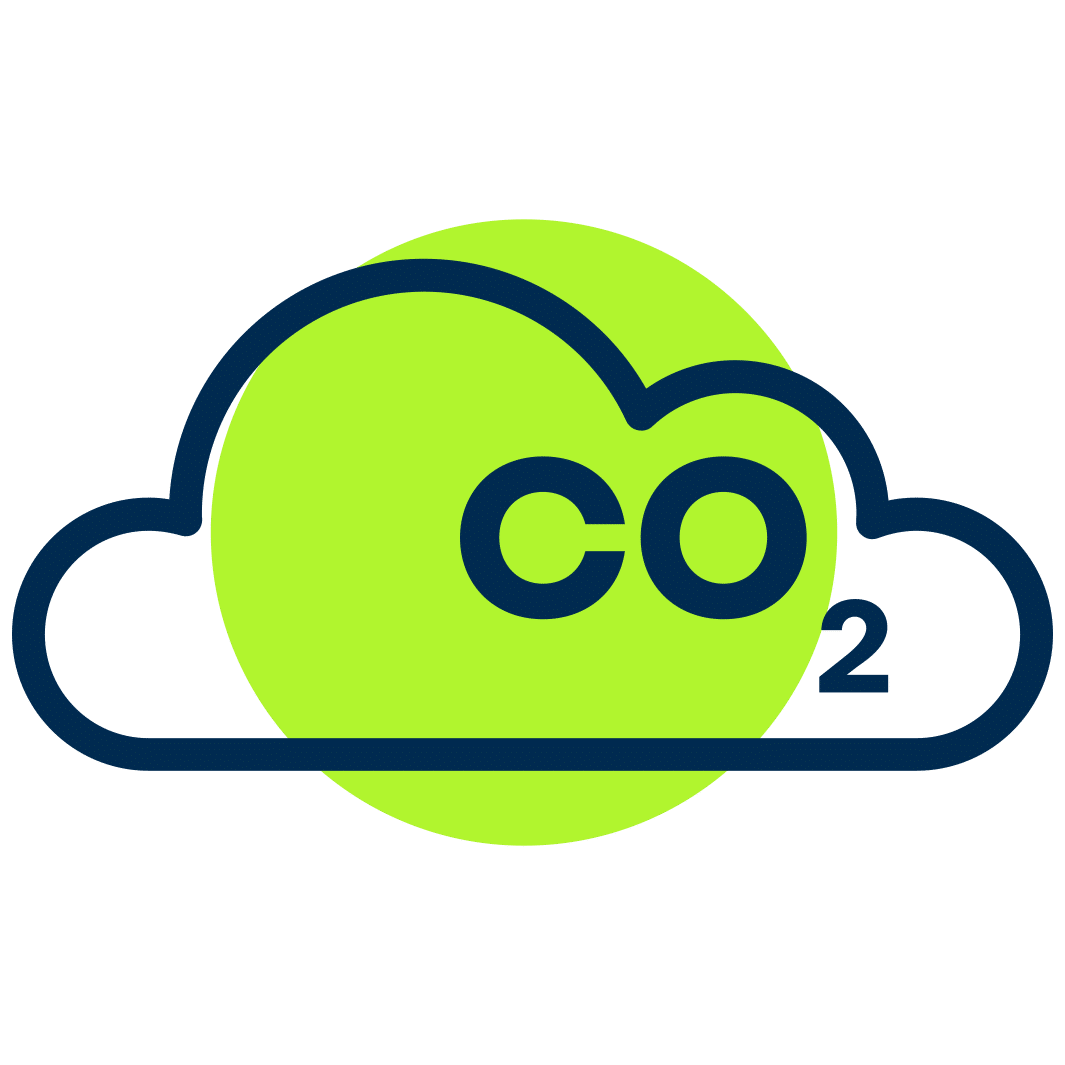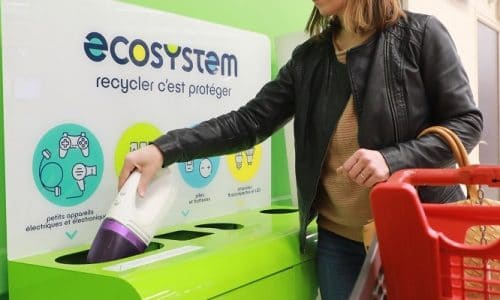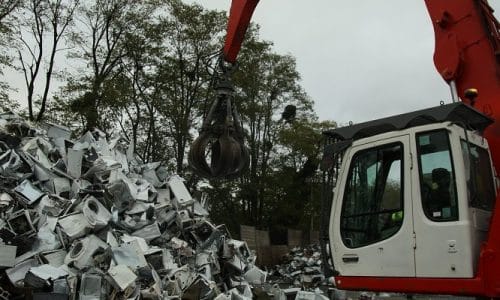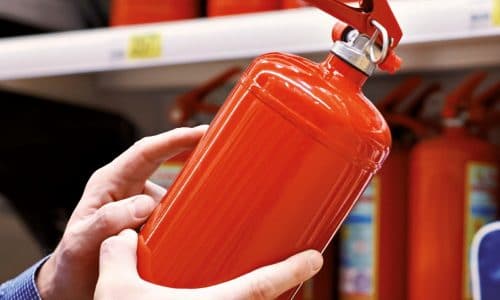Logistics and treatment
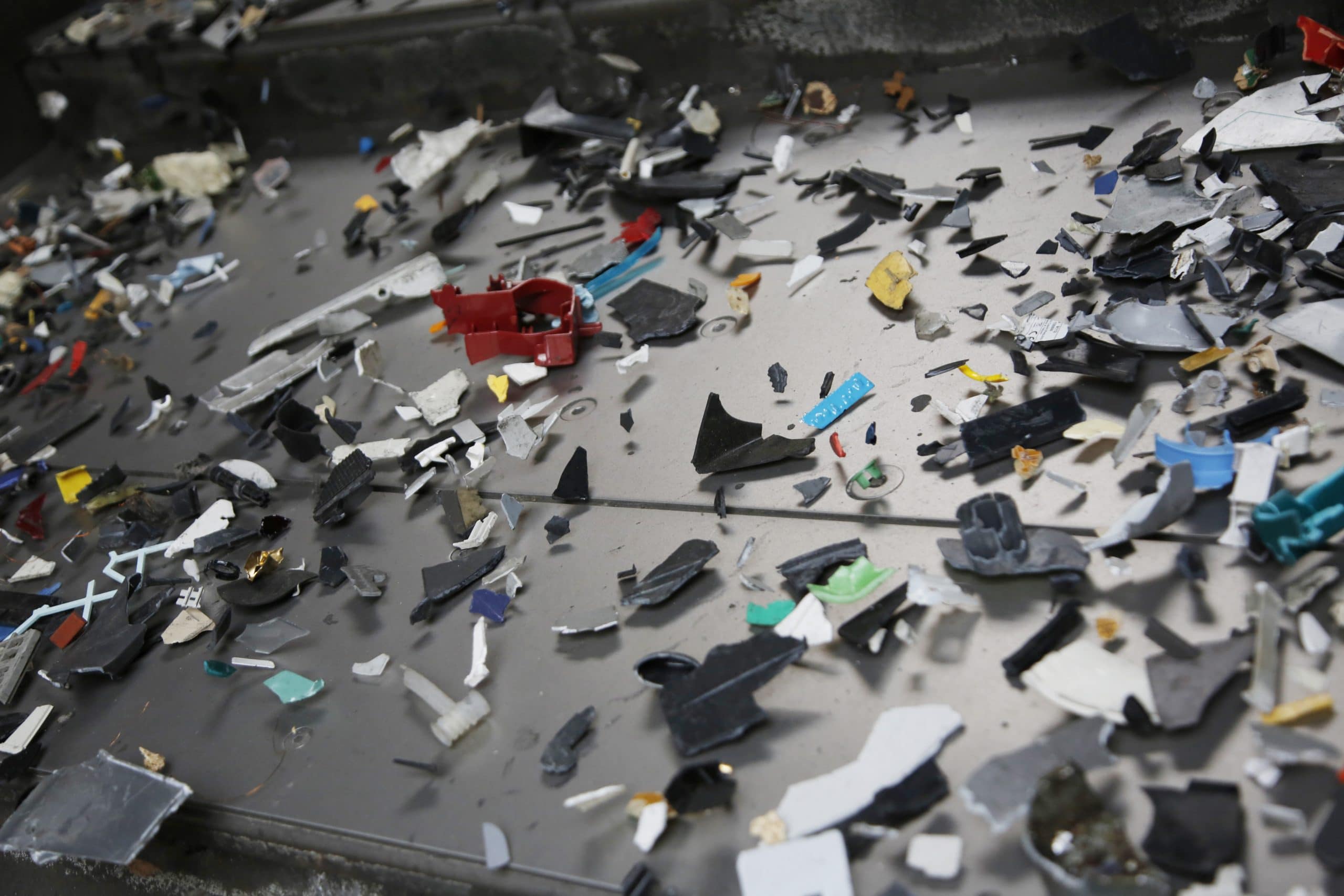
The OPERA project
The OPERA project was launched at the end of 2018 in order to streamline our operational processes bymeans of a coherent logistical service offering for pour partners in our four business areas, and to integrate these into a single information system.
2021 proved to be an intense year when our teams focused on ensuring that this new IT solution was operational as of 1st February 2022 at the same time as the start up of new logistical and treatment contracts. Several working groups thereby worked in parallel. We:
improved our containers by streamlining them and integrating ADR regulation requirements (European Agreement on the transport of hazardous good by road),
- launched several invitations to tender for logistics and treatment processes,
- organised a switch-over plan related to changes in operator contracts and in our partners’ logistical offerings,
- updated our logistical master plan on the basis of the results of the tender bids,
- started to develop our IT solution (web portal, mobile app, ERP, business intelligence tools) and to undertake reliability tests,
- started to produce the contents of our documents for external use and formalise demonstrations aimed at external users.
Lastly, the last few months of the year were spent recovering data, including the configuration of thousands of collection points and service providers.
Invitations to tender for logistics and treatment processes
Invitations to tender (delayed by a year due to the COVID crisis) targeted operators present in mainland France and neighbouring countries who are able to carry out logistics and treatment operations for household WEEE, lamps, professional WEEE and SFE (small fire extinguishers) as of 1 February 2022.
For bids to be deemed valid, the evaluation focused on criteria covering technical, environmental, social and proximity aspects as well as an analysis of the commercial offering. The offers were evaluated against each other based on a relevant geographical scale, taking into account the location of the sites proposed.
At the end of tender bid process and the analysis of the bids, the Tender Bid Selection Committee put forward recommendations and choices to the Board of Directors who validated these during a meeting specifically organised for this.
33 out of 72 logistics service providers were selected. The logistics master plan was guided by the optimisation of streams with a view to reducing the carbon footprint of transported waste. Furthermore, with social inclusion through economic activity and the employment of persons who are distanced from the labour market being one of our priorities, a third of activities were allocated to companies in the social and solidarity economy sector.
42 treatment sites out of 69 were awarded a contract to perform depollution and recycling operations. 8 of the 42 sites are part of the social and solidarity economy. Furthermore, we have approved 7 industrial projects to significantly improve depollution and recycling capacities for large household cooling appliances and small mixed appliances, the collection of which needs to be strongly develop within the next 5 years.
These new contracts, attributed for a 3-year period (logistics) with a possibility of extending this to 6 years in the case of an investment (treatment process) entered into force on 1 February 2022 thereby implementing the logistics master plan established by ecosystem.
Control policy, new contracts, audits: stricter requirements
To guarantee treatment quality, a new operator and waste management operators control policy, uniform across all business sectors, was established and is being rolled out in order to guarantee the quality of operations and assist companies with the rationale of continual improvement.
Lastly, a new contract with waste management operators, which includes stricter requirements was defined and is effective as from the beginning of 2021.
In regards to treating household WEEE the entire audit programme was conducted in accordance with the specifications in the authority approval. The results were very satisfactory with an overall compliance rate of 92% thereby reflecting compliance to CENELEC requirements. Furthermore, the rolling out of WEEELABAEX logistical audits continued in 2021 in order to cover 50% of operators concerned by the end of the year.
In regards to lamp treatment, the WEEELABEX audit results were also very conclusive because the two French treatment centres, Artémise (10) and Lumiver (59) were awarded the WEEELABEX certification.
Thanks to the pooling of household and professional WEEE treatment operations during 2021 and in anticipation of total pooling in 2022, 30% of professional WEEE treatment centres are already WEEELABEX certified.
Making environmental analysis of operational projects systematic
With the work carried out in 2020 we finished and configured our environmental assessment calculation tool for the operations that we manage. This tool enables key environmental stakes and challenges to be identified in order to improve the environmental footprint our our activities. The treatment of hot water tanks is part of this, with, in 2021, a estimated potential to reduce carbon-related impacts of nearly 300,000 tonnes of CO2. To support decision-making in what is a key project, simulations were carried out to evaluate environmental effectiveness of the different scenarios considered. This work prefigures in the deployment of a simplified, in-house environmental evaluation tool that helps us manage our various projects in a systematised way.

